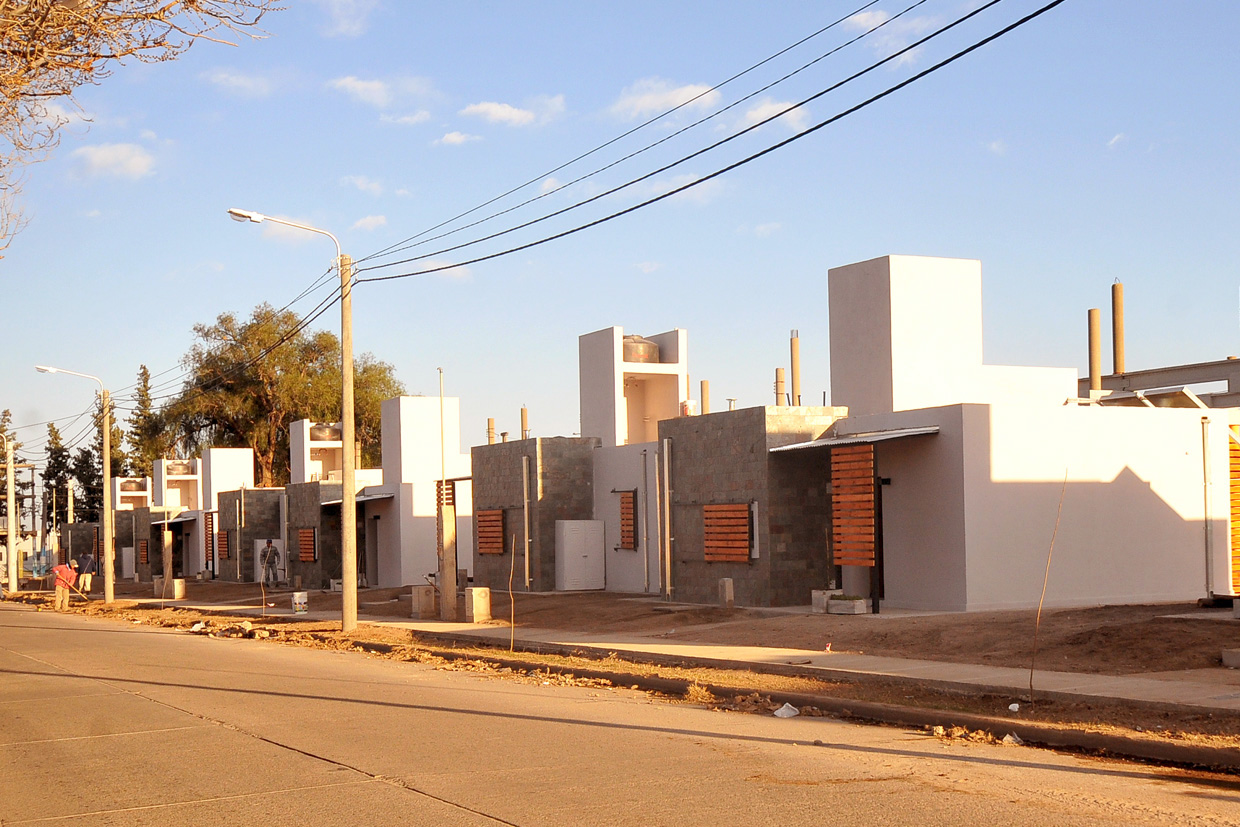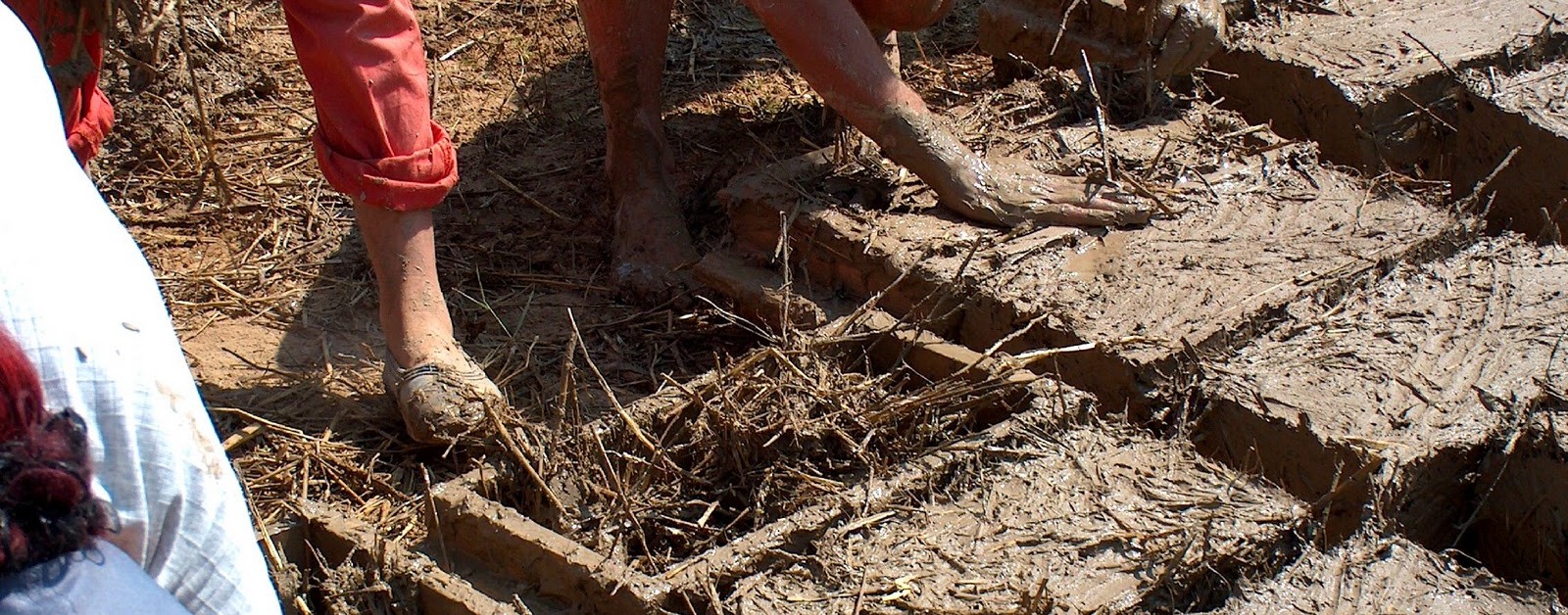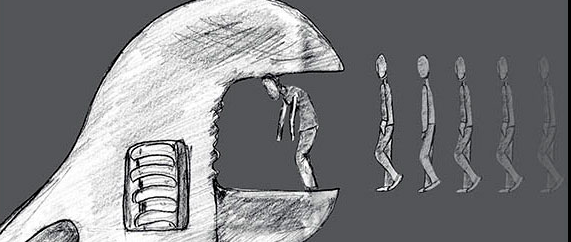There are some 780 million people in the world who work for just USD 2 a day, and 61 percent of the global workforce are in informal employment, typically vulnerable jobs with no social protection. To this we must add the difficulty for young people to obtain employment, as well as the gender gaps in labor—men’s wages exceed those of women by nearly 20 percent – and the difficult situation of migrants. Is it possible to generate more and better jobs? Why should promoting decent work be a priority for governments? This October 7 is World Day for Decent Work, and Construir TV joins the commemoration of this date in order to understand why it is important to promote decent work, not only as a right but at the same time as an engine of sustainable development that benefits society as a whole.
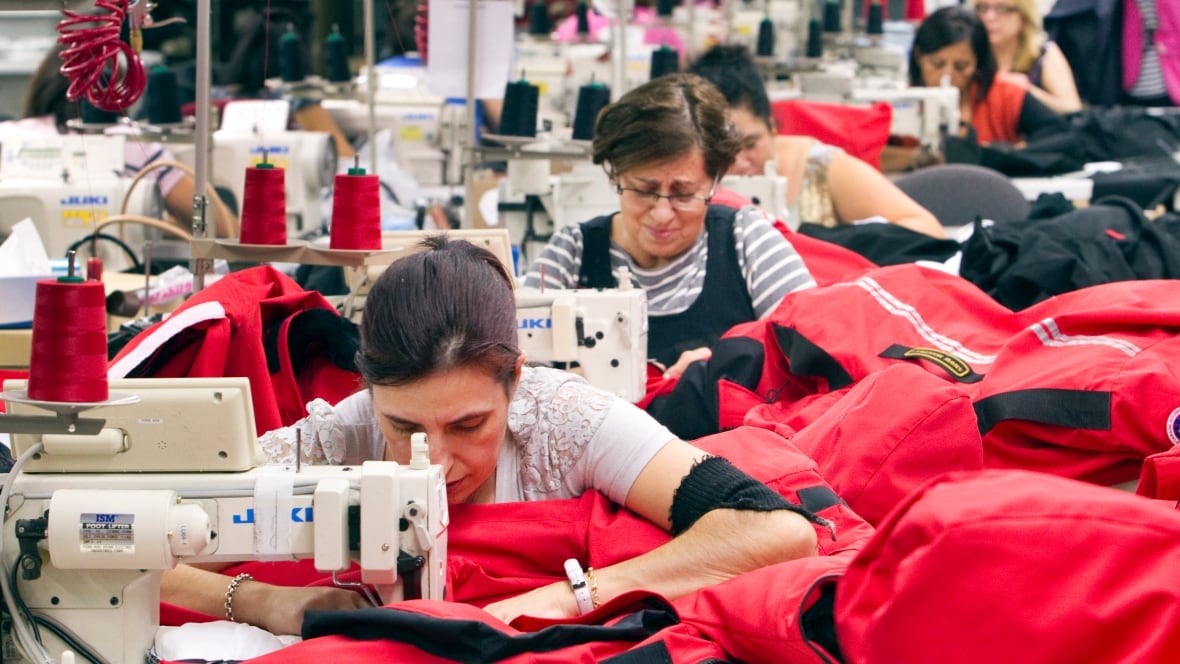
Picture: Fred Thornhill/Reuters – Source: www.cbc.ca
“Having a job does not always guarantee decent living conditions,” Damian Grimshaw states, and this phrase by the Director of the Research Department at the International Labour Organization (ILO) could summarize one of the great challenges facing societies around the world in the coming years: lack of access to quality jobs, i.e. jobs that offer adequate working conditions and safety, with gender equality and non-discrimination, and working hours that enable workers to reconcile work with personal and family life.
The figures speak for themselves. According to the latest data from the ILO, in 2018, there were 172 million unemployed people around the world, and it is estimated that in Latin America, unemployment reached 25 million workers, while one in five young people in the region sought employment and failed to do so. The gender gaps associated with cultural patterns that continue to regard women as responsible for domestic work and unpaid care; the plight of the 164 million migrant workers who, due to a lack of opportunities, often have to accept to work in exploitative working conditions, as well as labor discrimination against other vulnerable groups, complete the gloomy picture that we face in the coming years.
It is estimated that in the world, more than 600 million new jobs will be created between now and 2030, that is to say, 40 million jobs a year. Although we are on the threshold of a great opportunity to generate sustained economic and social growth, issues such as unemployment and job insecurity, gender gaps, youth unemployment and that of vulnerable groups such as migrants and people with disabilities, make it necessary to establish public policies that improve people’s quality of life. In this sense, the ILO Global Commission on the Future of Work notes the need to implement a development program that promotes decent work through the implementation of the following measures:
✔ Establish a universal labor guarantee that protects fundamental workers’ rights.
✔ Implement guaranteed social protection from birth to old age.
✔ Promote a universal entitlement to lifelong learning that enables people to skill, reskill, and upskill.
✔ Prioritize managing technological change to boost decent work.
✔ Greater investments in the care, green and rural economies.
✔ Implement a transformative and measurable agenda for gender equality.
✔ Reshaping business incentives to encourage long-term investments.
The future is already here, as the phrase goes. We have the opportunity to make it for everyone. It is up to us.
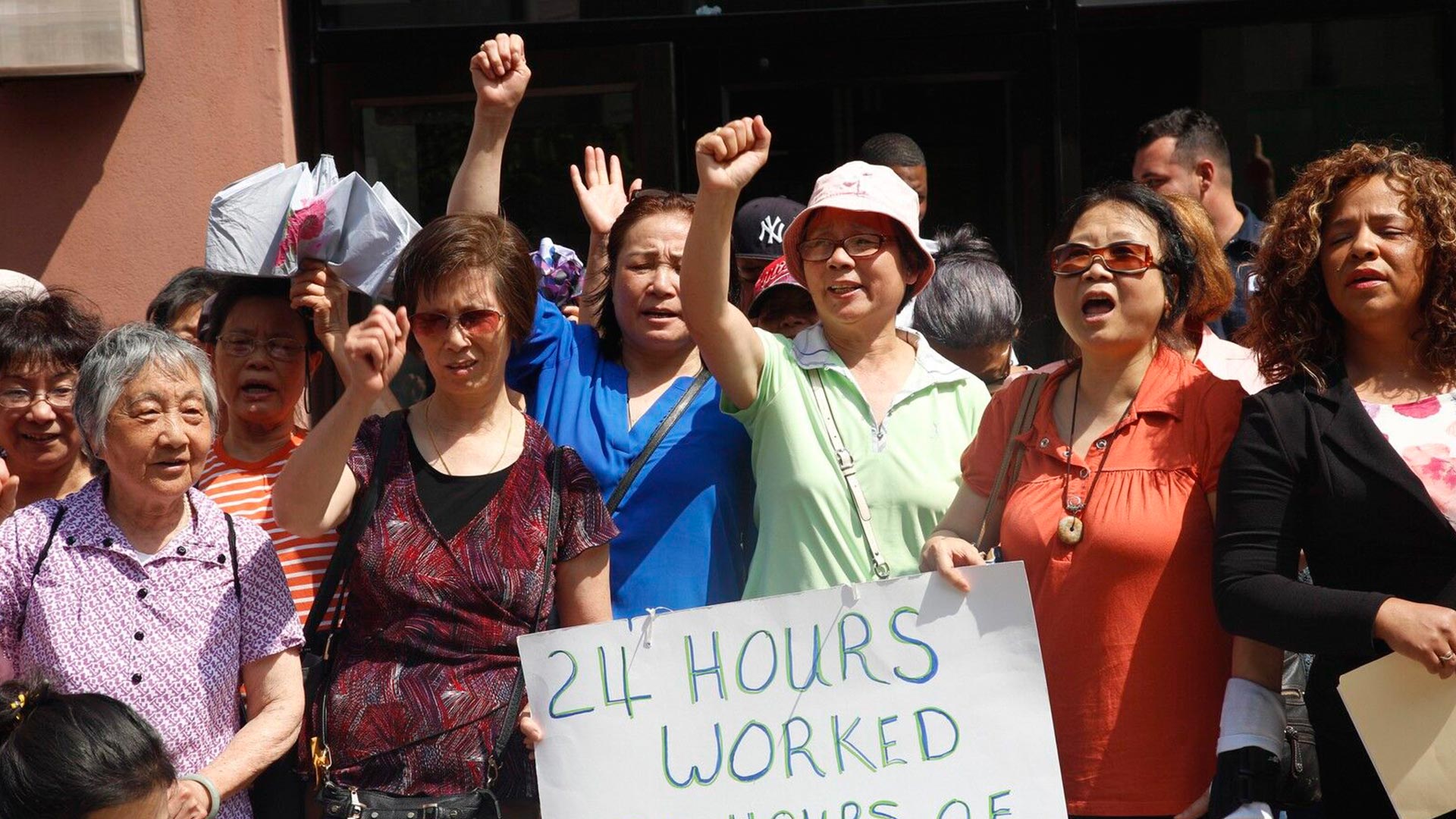
24-Hour Workday, directed by Zishun Ning (United States) / Construir CINE
CONSTRUIR TV joins the commemoration of the World Day for Decent Work on this October 7th. That’s why this month, we’re presenting a Special Edition that brings together four short films that address the issue of Decent Work from various stories and perspectives, productions that participated in the Sixth Edition of the International Labor Film Festival: Construir CINE 2019.
Tuesday 1, 15 and 29 Oct at 10 PM: 24-Hours Workday and Los fuegos artificiales
Tuesday 8 and 22 Oct at 10 PM: Breathing and Marzo
*Headline Picture Designed by rawpixel.com / Freepik



